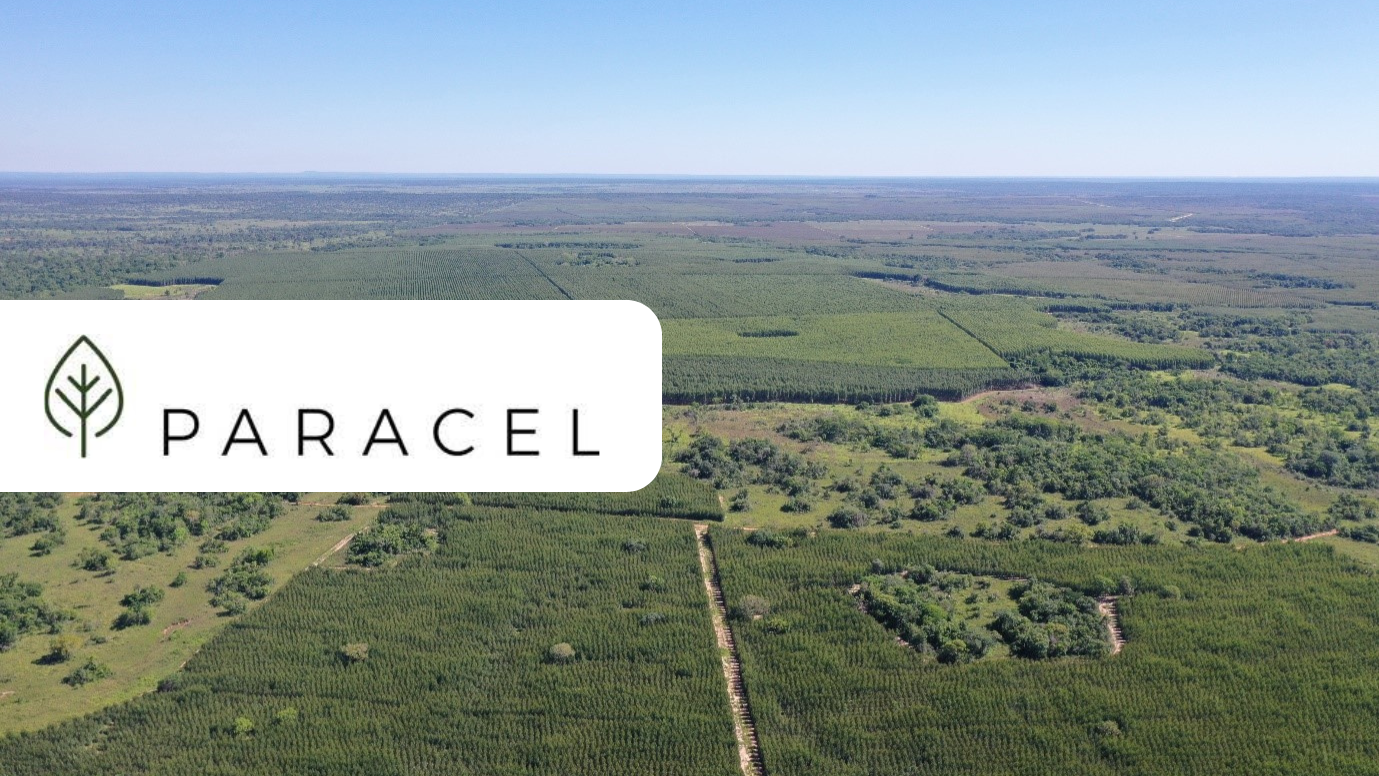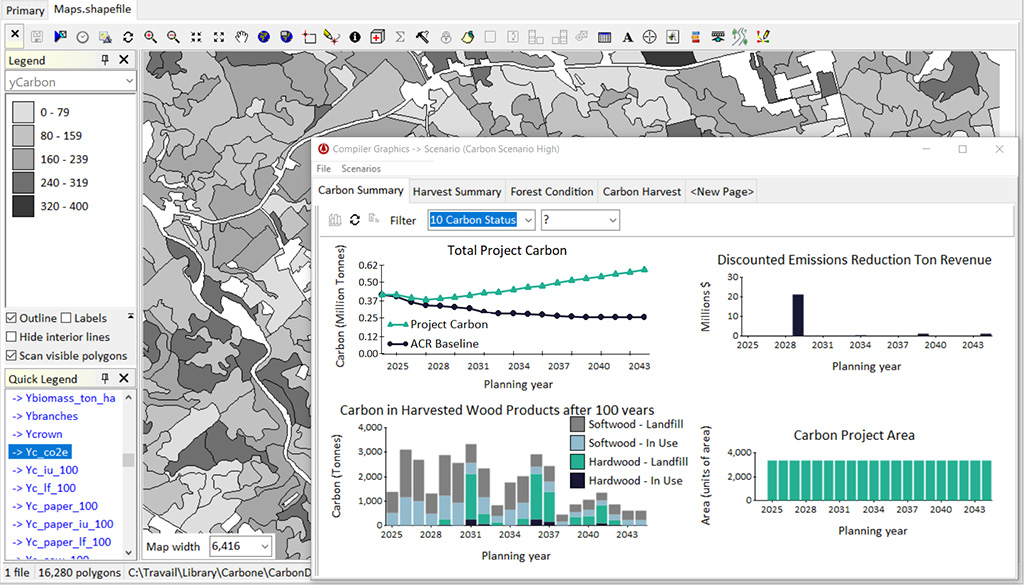Like most people. I have been following the United Nations Climate Summit earlier this week. Among other things, the UN scientific panel on climate change has issued a special report with strong warnings about the impact of climate change on our planet, ecosystem, and people.
Within 20 years we’ll begin to feel the very real, and possibly irreversible, effects of climate change if we don’t significantly change the way we live, work and manage the earth’s resources. The International Panel on Climate Change (IPCC) predicts that we could be living in a world of extensive global food shortages, mass damage of coral reefs, and more frequent and extreme flooding.
For the forestry sector this adds a new layer to long-term planning because the plans developed today will come to fruition just as the irreversible effects of climate change predicted by the scientific panel begin to be felt by us all.
We have long understood that forests are carbon sinks, helping to naturally offset and reduce carbon emissions but in recent years, as climate events have begun to extract a toll on communities both large and small, the sustainable management of our forests and tree cover has taken on a greater urgency and importance.
The IPCC reported last month, that “a sustainable forest management strategy aimed at maintaining or increasing forest carbon stocks, while producing an annual sustained yield of timber, fibre or energy from the forest, will generate the largest sustained mitigation benefit.”
Forests can improve air quality, cool temperatures through the canopy cover and slow the effects of floods when mature tree stands are left undisturbed near water courses. They also make us feel better, a fact those of us who earn our living walking and observing forests know all too well. That fact has brought together scientists, community organizers and urban planners to undertake greening initiatives, planting trees in low-income neighbourhoods to benefit mental health, particularly in children.
This is an issue close to my heart. Improving the sustainability of our forests was and continues to be the raison d’etre of Remsoft, and as those of us in the sustainable resources sector know, smart forestry practices aren’t just good for a company’s bottom line – it can create ripples that benefit the wider community.
When we first started almost 30 years ago that language was reserved for the corporate social responsibility office, but not anymore. Increasingly, institutional investors and other asset managers are beginning to demand public corporations serve both the bottom line and community need.
BlackRock CEO Larry Fink, head of the world’s largest asset manager, wrote in his December 2017 open letter to CEOs that “to prosper over time, every company must not only deliver financial performance, but also show how it makes a positive contribution to society. Companies must benefit all of their stakeholders, including shareholders, employees, customers and the communities in which they operate.”
Reversing the effects of climate change will take a whole-of-society approach and forestry sector companies, both large and small, have a key role to play. Solving this global problem requires greater industry collaboration and investments in new, innovative approaches to sustainability and resource management.
Analytics and long-term forest planning can help corporations monitor and report on sustainability efforts, which builds trust in the corporate sector at a time when we need it more than ever. As Fink wrote; “We also see many governments failing to prepare for the future, on issues ranging from retirement and infrastructure to automation and worker retraining. As a result, society increasingly is turning to the private sector and asking that companies respond to broader societal challenges. Indeed, the public expectations of your company have never been greater.”
Sustainable forest management can and should sit at the intersection of some of our most intractable challenges – climate change, poverty, urban and rural development, economic growth, community resiliency.
Increasingly, this is what shareholders and the public expect from the private sector and is becoming a major topic of discussion across the industry.
As it should. Our industry has a role to play in helping to develop solutions to make life better in the communities where we operate.
Let’s get to work.




